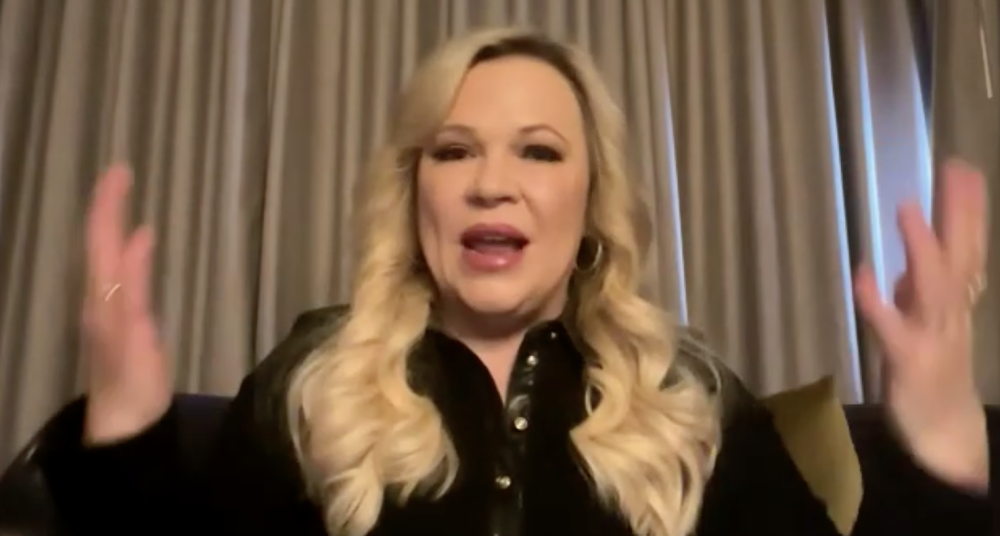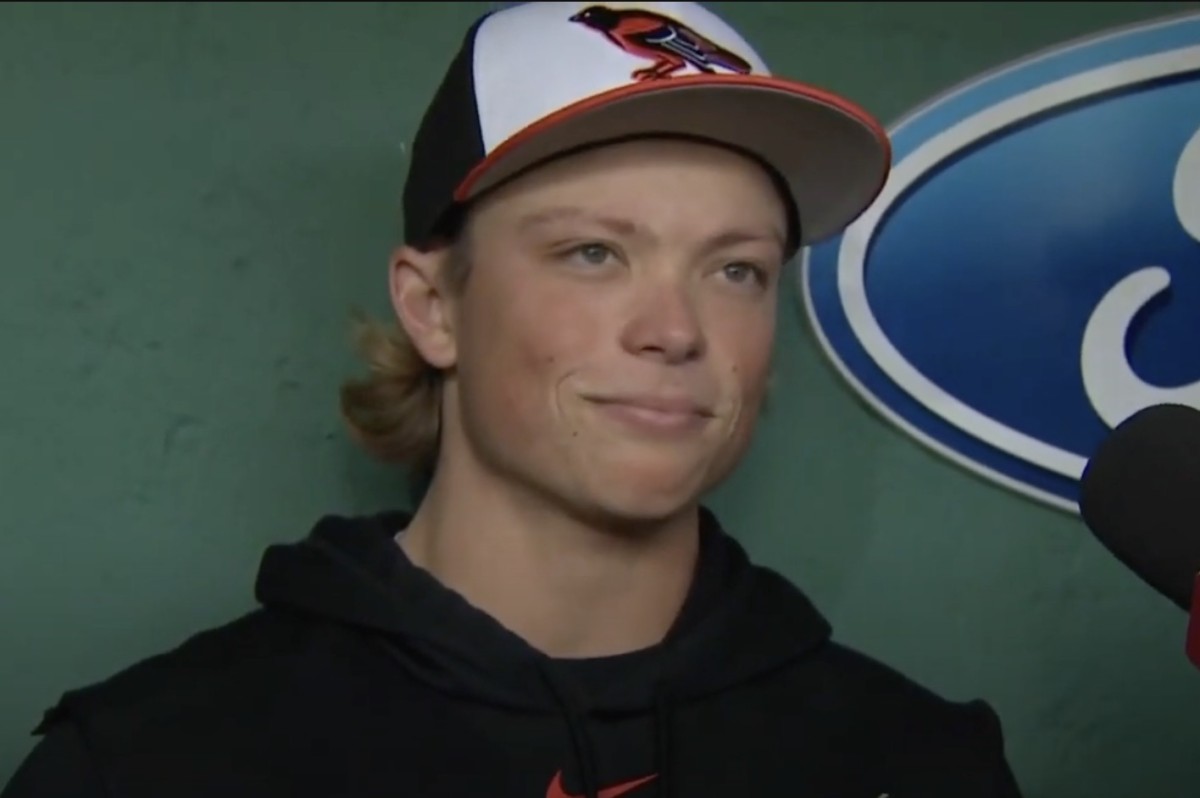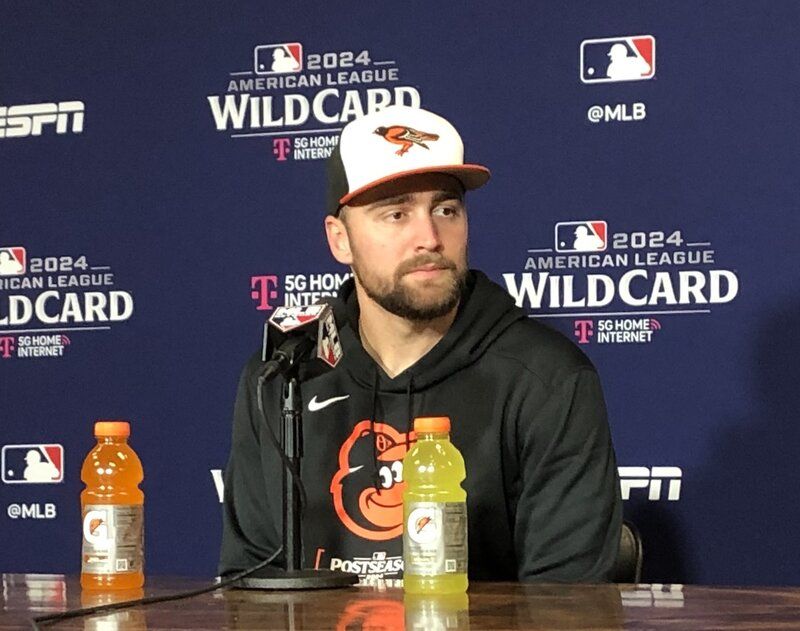It’s been a while since Terps hoops great Len Elmore made a visit but after reading his passionate words about what makes Maryland great, Nestor thought it was time for him to opine on the evolving landscape of college sports and the lack of guardrails in the modern NIL world of university student-athlete life.
Len Elmore, a former NBA player and current sports management professor at Columbia University, discussed the evolving landscape of college sports, particularly the impact of Name, Image, and Likeness (NIL) deals. He highlighted the lack of guardrails in the NIL system, leading to exploitation and the blurred line between college and professional sports. Elmore emphasized the importance of continuity in coaching, citing Gary Williams as an example of a successful alumni coach. He also noted the shift in college sports funding towards high-profile sports like basketball and football, potentially overshadowing other educational aspects.
SUMMARY KEYWORDS
NIL money, college basketball, athlete activism, leadership in sports, Maryland Terps, transfer portal, coaching continuity, alumni influence, education value, antitrust exemption, sports management, social justice, professional development, sports industry, institutional knowledge.
SPEAKERS
Nestor Aparicio, Len Elmore
Nestor Aparicio 00:01
Welcome home. We are W, N, S, T AM, 1570 towns in Baltimore. We are Baltimore positive. We’re taking the Maryland crab cake tour back out on the road. We will be at Costas in Dundalk on Friday, our first turn there since the death of Mr. Costas. And we’re going to be out and about all month long. We’ll be at the Beaumont next week in Catonsville, up at Cooper’s north on the 23rd and then it Cocos on the 30th. This guy and I probably had a crab cake 30 years ago. He used to come and sit in my studio when he was in downtown Baltimore from time to time in the old Wlg studios. It has been a minute he came into my life as a pretty good basketball player with the Terps when I was 456, years old in the early 70s, and a part of the famous 7374 teams, along with John Lucas, along with Tom McMillan and for lefty driesel, it is a pleasure to welcome back on for the first time in a long time, my Friend. Len Elmore, Len, how are you? What? Where’s life taking you? Man,
Len Elmore 01:05
well, then many places you just mentioned the the beginning, so to speak. You know, obviously playing in the league, both the ABA and the NBA for about 10 years. And you know, the time that we used to spend downtown, I was practicing law with a firm in in Baltimore for a period of time. So sorry about that, but the end of the day, you know now, after practicing law, ran a couple companies, being a TV commentator, obviously, for 30 plus years, and now I am teaching at Columbia University in the sports management department. This is my seventh year. Um, kind of amassed all this institutional knowledge, and I gotta do something with it, and hopefully pass it on to young sports professionals moving towards some leadership positions down the road. What are you
Nestor Aparicio 01:58
teaching? Len, I mean, and I would say, had you been a teacher 20 or 30 years ago? Clearly, the business was different. The industry was different. And you and I have gone back and forth, and I know all the years on television about, do we pay the student athletes? Do we not? Clearly, we’re in a wild, wild west here that maybe at no point we could have predicted before. Well,
Len Elmore 02:19
I mean, it’s interesting you say that because some of my courses touch on that, I teach a course about athlete activism for social justice, which is kind of a history course. You know, athlete activism didn’t start even with Ali or even with Tommy Smith and John Carlos or even Colin Kaepernick. It goes way back to the turn of the century, when sport became a real thing in America. We also teach a leadership course, leadership in the business of sports, which kind of embraces the art and the science of leadership in total, but applies, you know, sports settings to some of the instances and actions that leaders take. I also dealing with a course that works with the NFL and monitors their inspire change program, and we just now have a course that works with the National Basketball players association and the next gen players, next gen basketball players union, which is the G league union, helping them find ways to, you know, help subsidize young players who had some n, i l success in college, but it doesn’t quite translate into the G league. And we’re my students, are are looking for ways that can help them improve that plight. So, you know, in a number of ways, in a number of interesting dynamics, college sports and pro sports, you know, have a way of, kind of entering different realms. And you know, our students are studying, studying those realms more rewarding
Nestor Aparicio 03:54
than practicing law here 30 years ago, just in a different sort of way, where you are in life right now, to to to preach and teach to young people about trying to make their lives better. I
Len Elmore 04:04
would say, yes. I mean that my initial practice in law was more community based. I was a prosecutor in my hometown, Brooklyn, New York, and, you know, could do some good things there be fair and, you know, focus on doing justice rather than just merely convict. Also had a lot to do with our program in Brooklyn that would prosecute police brutality. So you know, that was rewarding enough, but you know, when I got into the corporate stage of law, it wasn’t nearly the type of area that I was happy with, and that’s why I moved on to business and leading some companies as well, as you know, now, teaching through all of those institutional experiences, trying to, you know, try to, I guess, cultivate young minds, you know, from ethics, values and principles. Orles as they bring it into the sports realm. Yeah,
Nestor Aparicio 05:03
it’s been a fascinating ride for me, getting sort of thrown out of the local media, even though my organization is represented on the Orioles and the Ravens and what’s pro sports teams want, or what they believe in. I’m in this era now where it’s like reality television. They create these reality vignettes that they’re constantly selling it. And the college thing, I at least the pro thing for the whores and gamblers and what it is, and the betting and, you know, just the money and the licensing, all the part of that college was always, were a couple of years into this Len where March Madness, everybody was making money on March Madness Thursday, except the kids dribbling the ball. Everybody popcorn makers. You were calling the games for CBS. Everybody’s making money except the kids dribbling always made me itch, but we fixed it now, and now there’s a portal. And now you’re writing last week, which brought me to you didn’t take long for the shoe to drop at the University of Maryland in some rather ugly ways in the modern era of what the Big 10 is, what money is, what n i L is basketball versus football in a big school. You covered some of this, but I want to give you the floor to not necessarily reiterate the point you made in your piece, but certainly loyalty and what’s expected of the fans, of the boosters, of the residents of the state of Maryland who contributed to pay Kevin Willard salary, we’re in a different sleazy, greasy kind of era than the days of bags full of money for prospects for 50 years ago, right? Oh,
Len Elmore 06:37
there’s no question, when the money gets bigger, obviously, the rules start to shrink, and ultimately people find ways to exploit, you know, the lack of guardrail, and that’s kind of what we have now. You know, obviously you’re referencing, you know, name, image and likeness, and the ability for these young people to be able to exploit that and capitalize on it as much as the regular students on campus can, which is great, but what we’ve done now is, you know, stretched it to the point without guardrails, to the point where, you know, they’re literally getting paid to play. And there’s really no difference between what’s going on here and the pro game. And in fact, it’s probably even wilder than the pro game, because at least in the pros, they have anti poaching rules where, you know, unlike College, as soon as the transfer portal opens up, I’m sure you have coaches from other teams calling up players on your team, telling them, if you come with us next year, we can pay you more money. You can’t do that in the pros. You know, the transfer portal now you have guys that are playing basketball at 2425 years old in college basketball. I’m not sure that was the intent of college basketball for guys to be around six and seven years, which ultimately will be the case when players get these exemptions. But, you know, in the end, I think that senses are going to come to the forefront, and people are going to start to recognize there need to be some guard rules. I mean, I think Congress may ultimately get involved in some way, shape or form, to kind of bring some sanity to what is kind of spiraling out of control. What started out to be a good idea. You know, we’re starting to have issues now when it comes to Maryland. You know, my issue has always been we want success with the Terps, and I look at some of our peers who’ve had continuity on the sidelines, coaches who are alumni, athletic directors who are alumni, and, you know, that’s usually their last stop. And we’ve got so many instances in Maryland of hiring these, what I consider itinerant coaches, who will stick around for a couple years until the next shiny job comes along, and then it’s time to leave without, really, you know, cementing the program, putting, you know, a kind of continuity in place, where there’s a succession plan and you just continue to have those who are from the school continue to run the program. And the reason why that’s important because that’s the last job any alumni wants, and that’s the work at their alma mater. I use Gary Williams as a great example. You know, he was comfortable at Ohio State, had an opportunity even to coach the Celtics, but when he got the Maryland job, he said that was it. And it took a while. I mean, he had to take Maryland out of a precarious situation, and ultimately culminated in a national championship. And I use Gary as a great example of someone who had loyalty, blood, turd, blood. And ultimately, you know, we had great success. There are also studies that show that when alumni are in key positions, leadership positions in an athletic program, that athletic program finds some success. Success in more times than not, not always, but more times than not. And when you look at many of our peers, the Dukes, the Carolinas, so many other schools that have had that type of succession, you know, they have a great deal of success on a continuous basis. I’m looking for that in Maryland. Unfortunately, we have a lot of people who pay a lot of money to have influence, and, you know, that’s essentially their reason to to be involved so they can have a voice in what goes on. Maybe they don’t have it at home, I don’t know. Maybe they don’t have it at their jobs, but they have it at the University of Maryland, and, you know, they put pressure on administration to make hires that sometimes don’t make sense. And you know, I don’t mind saying that as that’s probably why I become persona non grata in some instances at the university, but in the end, I Oh, they throw
Nestor Aparicio 10:57
you out too, huh? So speaking up. They want truth. They want unfiltered feedback, but then they get it. And I listen that you mentioned Duke and Caroline and all these years later, I know that’s your DNA. That’s my DNA for all of it, but it ain’t ever going back into that bottle. And I’m concerned about all of it. When I hear that Willard would leave to go to a basketball school because all their money’s going to basketball, I’m thinking we really are starting to slice and dice this, almost like we do with the kids. When we say, What sport are you going to pick? And that’s the sport when you’re 10 years old. It really is going to be the way these colleges are, because I don’t know that everybody like Florida is going to have money for football and basketball and women’s sports and all the other things that I thought we’re supposed to teach these kids at these schools. I thought they were still supposed to be educational institutions. Len,
Len Elmore 11:45
well, yeah, and that’s essentially what is getting lost. You don’t ever hear anyone in these arguments about whether these kids are employees or they’re not getting their fair share. People forget. And I’ll even go back to prior to, you know, the advent of house, and before that, Austin and before that, O’Bannon, people were saying these kids aren’t getting anything, and coaches and everyone else is are making, you know, lion’s share of money. But they forget that education has value too, and they get a full ride. I remember when I played to all I had to do was remain eligible play my hardest out on the court and represent my university in a consistently good way. I get a free education. I’m the first college graduate in my family. I’m not sure how I would have gotten to college had I not had basketball and a scholarship. So, you know, there was value there, and that value has lasted me and served me well throughout these years. Now I’m not saying that they don’t deserve to get the opportunities that they’re getting now, but you know, I can’t see it as you know labor, and that’s what’s happened the the conversation has been hijacked by taking what we do as athletes and calling it labor, instead of us looking at it as being beneficiaries of a system that’s going to give us an opportunity to be better long after sports is over. I mean, the NCAA tells you in their commercials, 98% of those athletes are going to be professional and something other than sports, and that’s where we’ve lost the focus. So you know, there needs to be balance again. Paying young people through n i L, letting them capitalize on their name, image and likeness, is great, even more stipends that are education related is great as well. But, you know, this thing is spiraling out of control, and quite honestly, Nestor, I think that at some point there has to be a guardrail. And, you know, an antitrust exemption that enables an organization like the NCAA to apply those guardrails might ultimately be the answer,
Nestor Aparicio 14:02
trying to get Congress to stop the leader of the free world from breaking the law so we have all sorts like Len Elmore, your time is valuable, as always. I would love to be a student next lifetime. I’m coming to Columbia, if I can get in. I don’t know if I’m Ivy, did they let guys in ivy, but if I come up, I could be a great student. Please come back. Teach you some more sometime soon. Okay, that’d be my pleasure. Man. Take care. Keep being cranky out there, creating good trouble down in College Park. Len Elmore, he is still tall and powerful and still a member of that 73 team had Tom McMillan on a couple of weeks ago. Always great to visit with the great. Len Elmore, I am Nestor. We are W, N, S, T, A M, 1570 Towson, Baltimore. We never stop talking. Baltimore, positive. I.























